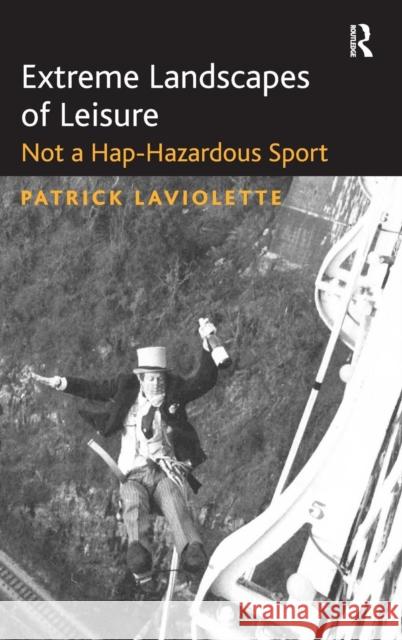Extreme Landscapes of Leisure: Not a Hap-Hazardous Sport » książka
Extreme Landscapes of Leisure: Not a Hap-Hazardous Sport
ISBN-13: 9780754679585 / Angielski / Twarda / 2011 / 226 str.
In recent years, there has been an increased engagement throughout the social sciences with the study of extreme places and practices. Dangerous games and adventure tours have shifted from being marginal, exotic or mad to being more than merely acceptable. They are now exemplary, mainstream even: there are a variety of new types, increasing numbers of people are doing them and they are being appropriated and have infiltrated more and more contexts. This book argues that hazardous sports and adventure tourism have become rather paradoxical. As a set of activities where players and holidaymakers are closer to death or danger than they would otherwise be, they are the complete opposite of normal games or vacations. Adventure sports and tours reverse the general definition of a holiday as being an escape from the seriousness of everyday life, as in most cases, they are innately serious, requiring as they do 'life or death' decision-making. Beginning with the rise in colonial explorations and moving on to consider the Dangerous Sports Club of Oxford, this book examines the increasing phenomena of adventure sports such as bungy jumping, cliff jumping or 'tomb-stoning', surfing and parkour within a framework of positive risk. It explores how certain assumptions about knowledge, agency, the body and nature are beginning to coalesce around newly developing spheres of social relations. Additionally, extreme games have become activities that are germane to the dawning of green social thought and so the book also addresses issues that deal with the intimate connections that exist between pleasure and the moral responsibility towards the environment.











